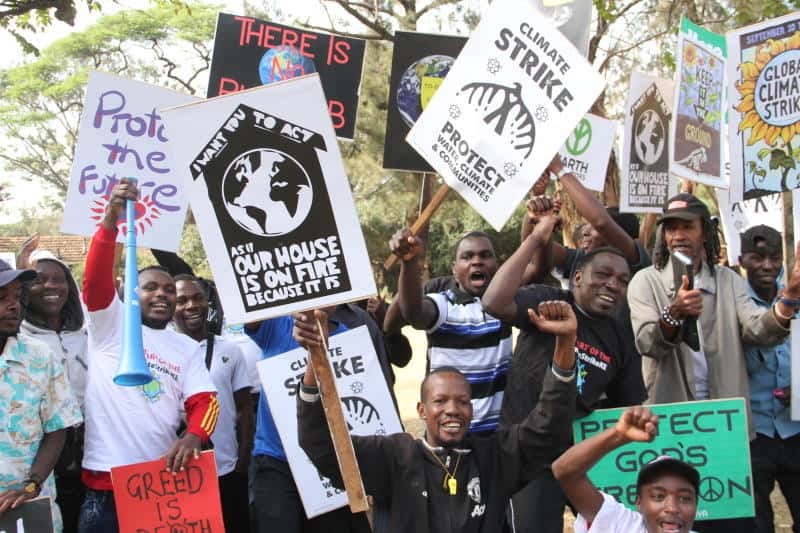×
The Standard e-Paper
Home To Bold Columnists

On December 12 – the day that marks the fifth anniversary of the Paris Agreement – several world leaders came together to celebrate the resolve of so many across the globe in working towards a safer, more resilient world with zero emissions.